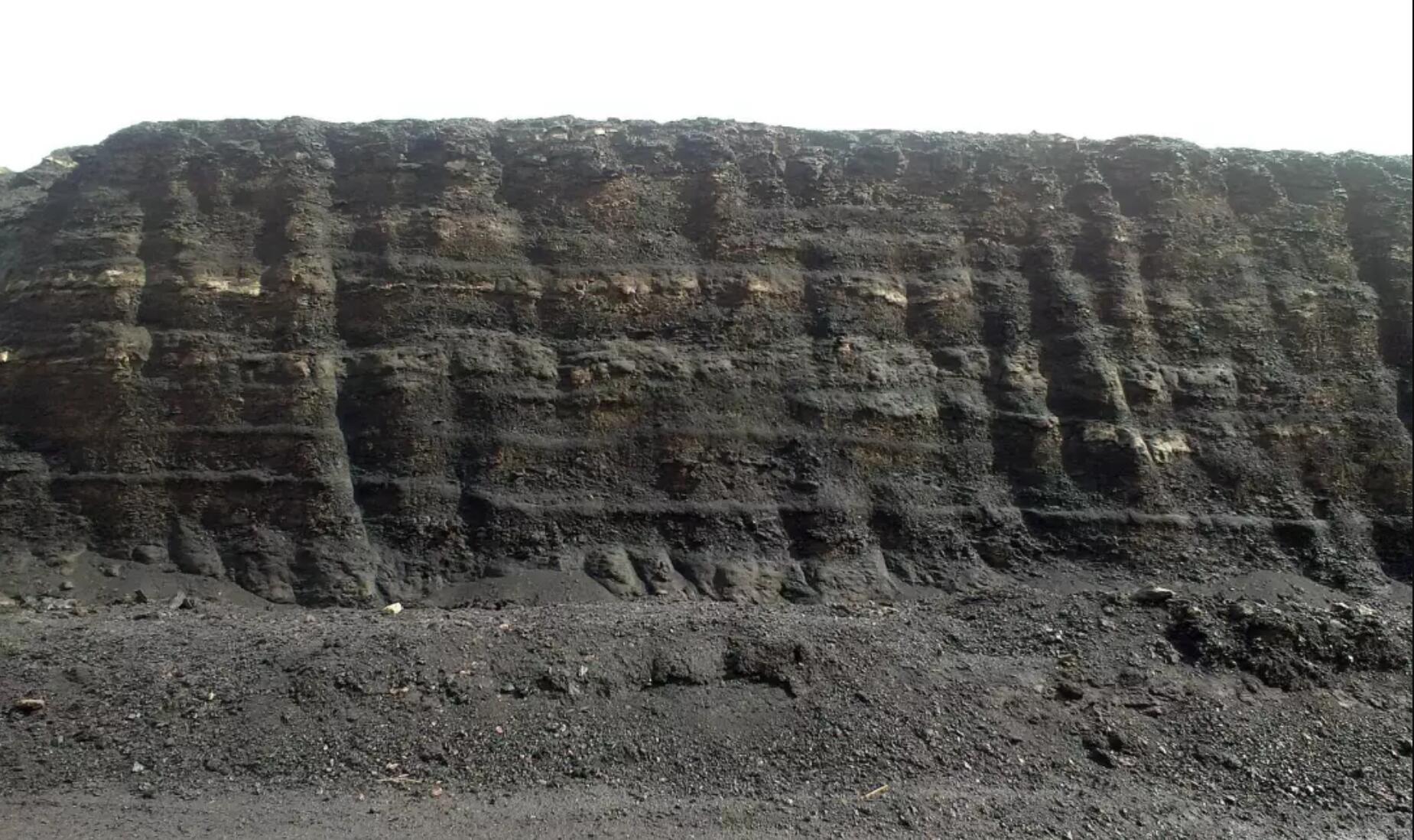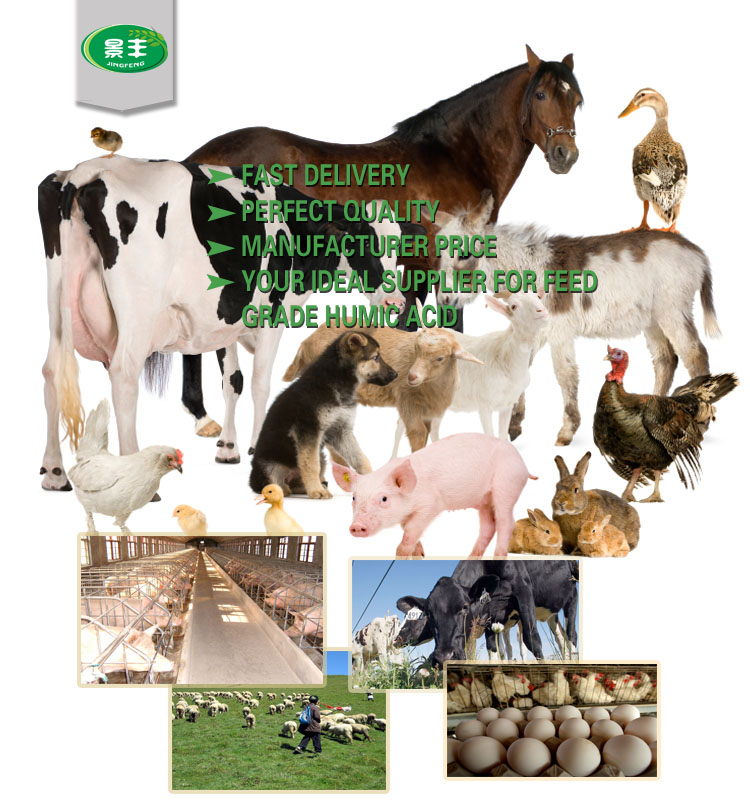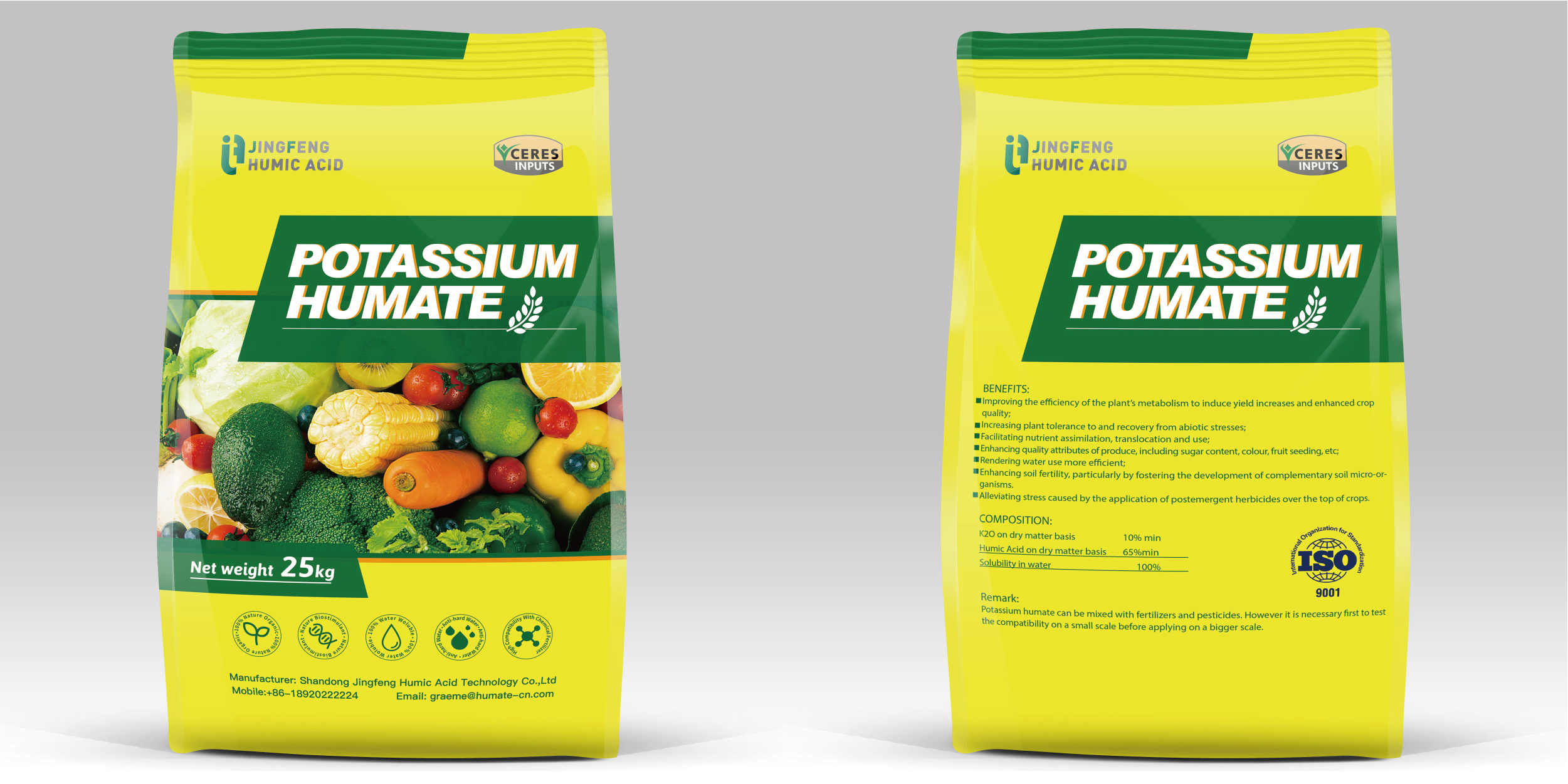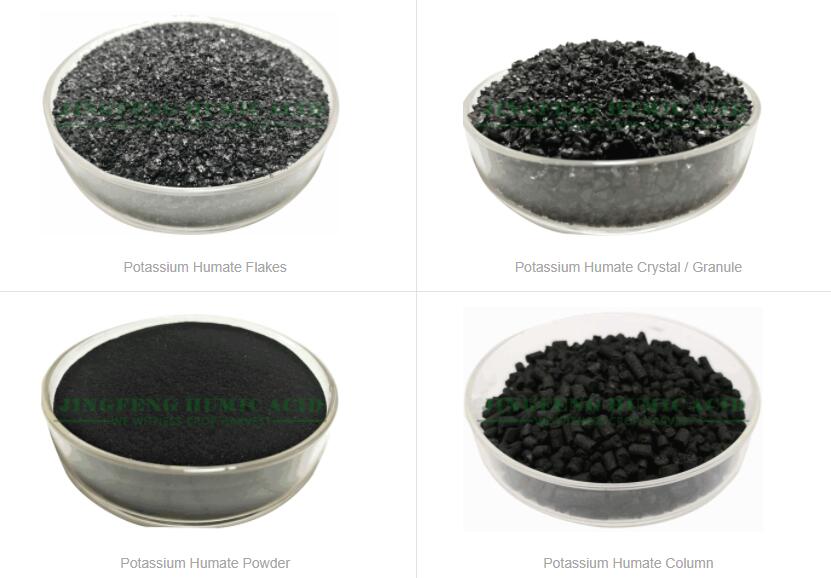Many customers have asked us whether weathered coal (leonardite) or danty can be directly used as fertilizer. Today I will take this question to share some knowledge with you.

What is weathered coal (leonardite) or danty?
Weathered coal (leonardite) mainly refers to coal with a shallow buried depth.Also called leonardite, lignite. It is more likely to be in contact with the external environment, and after such long-term contact with external weather phenomena such as rain, snow, frost, etc., a series of physical and chemical changes occur, resulting in the production of a metamorphic coal with a large amount of humic acid inside.
Can weathered coal (leonardite) be used directly as fertilizer?
As we mentioned above, weathered coal (leonardite) contains a lot of humic acid, but they are fixed by calcium ions and magnesium ions. And the content of biologically active water-soluble humic acid is very small. So if it is used directly as fertilizer, it cannot be absorbed and utilized by plants.
Weathered coal treatment
①Simplified treatment
The weathered coal (leonardite) is processed into a humic acid base fertilizer through fertilizer processing. The method is using aerobic and anaerobic two-stage treatment (bioactive bacteria and other auxiliary substances are added during the treatment). The humic acid base fertilizer not only maintains the basic characteristics of coal structure, namely porous solids, but also increases free humic acid active substance.
②Advanced processing
Activation. Convert the insoluble state to the soluble state. It mainly extracts humic acid from weathered coal (leonardite), deashes humic acid, improves the grade of humic acid, and extracts and separates humic acid components. Activation methods include physical activation, chemical oxidation and graft modification, microbial activation, etc.
Generally speaking, the drum activation method using potassium hydroxide activator has a good activation effect and has the highest benefit.The final products have potassium humate flakes powder crystal, potassium fulvate flakes powder crystal, fulvic acid flakes powder.
The role of weathered coal base fertilizer
①Improve soil structure: humic acid based fertilizer can promote the formation of soil aggregate structure, adjust soil pH, adjust soil water, fertilizer, gas, heat and other conditions, increase soil cation exchange capacity, achieve acid-base balance, and improve soil water and fertilizer retention capacity, promote the activity of soil microorganisms.
②Improve soil nutrient status: it is an important part of the carbon pool in the natural ecosystem. It contains a large amount of humic acid and a variety of oxygen-containing active functional groups, which can activate mineral elements and increase the availability.
③Enhance plant resistance to stress: enhance plant resistance to disease and stress, and activate plant’s inherent potential.
④Increase soil temperature: When coal is dissolved in water, a certain amount of heat of dissolution will be generated. In addition, humic acid base fertilizer is a thermal fertilizer, and its activation and heating time is longer, which is beneficial to the increase of soil temperature.
Prospect of Weathered Coal in Fertilizer Application
Weathered coal (leonardite) is rich in organic matter such as humic acid and is a valuable resource for the production of bio-organic fertilizer. With the large-scale use of chemical fertilizers and pesticides, soil structure has been destroyed, plant diseases and insect pests have increased, and salinized areas have expanded,the quality of agricultural products has declined more and more.
In the future, the full development and utilization of weathered coal (leonardite) in Shanxi, Xinjiang and other places in China, and research on coal-based fertilizers will have far-reaching significance for improving crop quality and yield.






